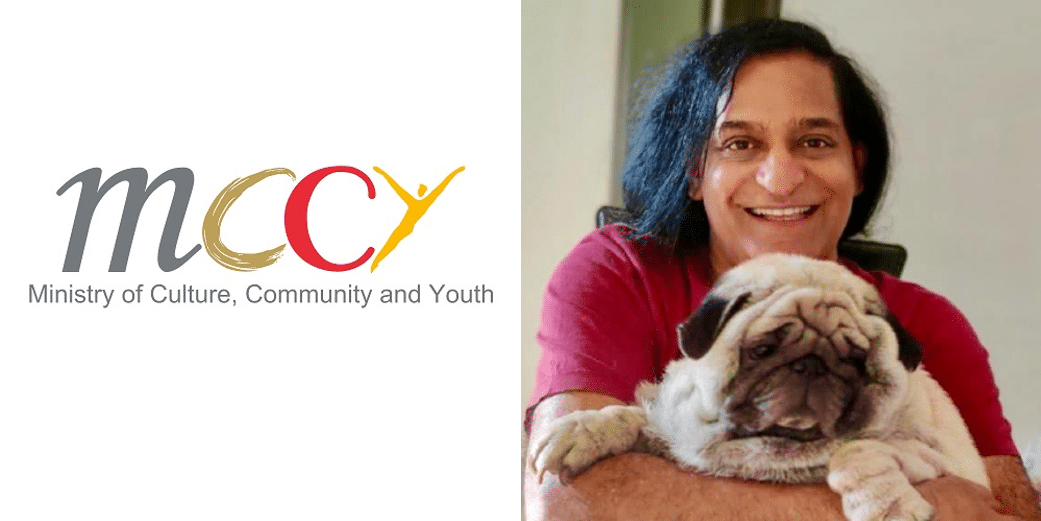 A Singapore Supreme Court ruling on October 29, 2014, to uphold the country’s ban on same-sex relations between consenting adult men is a major setback for equal rights in Singapore, Human Rights Watch said today. The court decision sends a message that gay men may lawfully be subject to discrimination.
A Singapore Supreme Court ruling on October 29, 2014, to uphold the country’s ban on same-sex relations between consenting adult men is a major setback for equal rights in Singapore, Human Rights Watch said today. The court decision sends a message that gay men may lawfully be subject to discrimination.
The Supreme Court held that section 377A of Singapore’s penal code, which criminalizes sexual intimacy between men, does not violate articles 9 and 12 of the country’s constitution. These articles guarantee the right to life and personal liberty, and provide that all people are entitled to equal protection before the law.
“The Supreme Court’s decision is a terrible setback for homosexual people in Singapore who want to live their lives like everyone else, without government interference,” said Boris Dittrich, advocacy director of the lesbian, gay, bisexual, and transgender (LGBT) rights program at Human Rights Watch. “The ruling tramples upon basic rights to privacy, equality, and non-discrimination.”
In July, the Supreme Court heard a joint appeal by three Singaporean citizens contesting section 377A. Gary Lim and Kenneth Chee had been involved in a romantic relationship for 16 years. They were joined in their appeal by Tan Eng Hong, who had been arrested in 2010 for allegedly engaging in a sexual encounter with another man. After both cases were dismissed by the Singapore High Court in April 2013, the Supreme Court decided to hear the case in 2014.
Section 377A of the penal code states: “Any male who, in public or private, commits, or abets the commission of, or procures or attempts to procure the commission by any male person of, any act of gross indecency with another male person, shall be punished with imprisonment for a term which may extend to 2 years.”
“Singapore likes to advertise itself as a modern Asian country and business destination,” Dittrich said. “But this discriminatory anti-LGBT law is wholly out of step with international rights standards that guarantee protections, including for sexual orientation and gender identity.”
Penal code section 377A, introduced in 1938, is a relic of British colonial rule. In 2007, the Singaporean government conducted a review of the penal code and decriminalized consensual acts of sodomy between heterosexual adults, while maintaining the provisions regulating “gross indecency” between men. However, the government rejected arguments to eliminate the discriminatory law.
Singapore’s law against homosexual conduct is contrary to the rights to non-discrimination, privacy, and freedom of expression recognized by the Universal Declaration of Human Rights, whose provisions are considered reflective of customary international law. Singapore has a poor record, especially among members of the Association of Southeast Asian Nations (ASEAN), of ratifying international human rights instruments.
In 1994, the United Nations Human Rights Committee ruled in the case of Toonen v. Australia that laws criminalizing consensual homosexual conduct between adults violate the rights to non-discrimination and privacy. Consensual same-sex conduct between adults is currently criminalized in at least 76 countries.
Singapore should join countries such as Australia and New Zealand that have already abolished the British colonial-era sodomy laws that they also inherited, and take the lead on ending such discrimination, Human Rights Watch said.
“Singapore should recognize that its arbitrary restrictions on human sexuality affect not only Singaporeans, but everyone wanting to visit, work, or study in Singapore,” Dittrich said. “Perpetuating discrimination based on sexual orientation should worry foreign companies and educational institutions – and make them ask hard questions about whether they can operate freely in a Singapore with such retrograde laws on the books.”
This media release was first published on Human Rights Watch. We thank HRW for sharing it with us.
Subscribe
Login
275 Comments
Newest








